Integrated Forest Fire Management Guidelines: Principles and Strategic Actions update FAO's forest fire management guidelines published 20 years ago, incorporating new content to address the challenges arising from the current climate crisis.
Severe wildfires are expected to occur about 50% more frequently by the end of this century, and environmental changes related to climate change, such as increased droughts, higher air temperatures and strong winds, increase the likelihood of hotter, drier and longer wildfire seasons.
Every year, about 340-370 million hectares of the Earth's surface are burned by wildfires. When these wildfires become severe, they can negatively affect sustainable development, threaten community livelihoods and generate large amounts of greenhouse gas emissions.
The guidelines emphasize an integrated approach to fire management, including actions before, during, and after a fire. They also recommend strategic actions to support the participation of Indigenous Peoples and knowledgeable managers and policymakers who contribute concrete and valuable solutions to fire management decision-making. Accordingly, the Guidelines emphasize that their active participation is important for preventing wildfires, responding promptly to fires that break out, and recovering areas devastated by severe wildfires.
Additionally, the guidelines advocate for the inclusion of gender issues in integrated fire management, promoting diverse fire knowledge, innovative management options, and expanding best practices.
Since the first edition was published nearly 20 years ago, many countries around the world have used FAO guidelines to develop public policies and training programmes. With the release of the second edition, it is expected that many more countries will consult and use this resource.
New wildfire management agency gets nearly $5 million in funding
The release of the updated guidelines is the first activity of the Global Wildfire Management Hub, launched by FAO and UNEP in 2023. Supported by the governments of Canada, France, Germany, Portugal, the Republic of Korea and the United States with nearly US$5 million, the Fire Hub aims to unite the global wildfire management community and strengthen national capacities to implement integrated wildfire management strategies.
Source: https://www.mard.gov.vn/Pages/fao-ra-mat-huong-dan-moi-nhat-ve-quan-ly-chay-rung-nghiem-trong.aspx




![[Photo] Da Nang residents "hunt for photos" of big waves at the mouth of the Han River](https://vphoto.vietnam.vn/thumb/1200x675/vietnam/resource/IMAGE/2025/10/21/1761043632309_ndo_br_11-jpg.webp)
![[Photo] Prime Minister Pham Minh Chinh meets with Speaker of the Hungarian National Assembly Kover Laszlo](https://vphoto.vietnam.vn/thumb/1200x675/vietnam/resource/IMAGE/2025/10/20/1760970413415_dsc-8111-jpg.webp)
![[Photo] Prime Minister Pham Minh Chinh received Mr. Yamamoto Ichita, Governor of Gunma Province (Japan)](https://vphoto.vietnam.vn/thumb/1200x675/vietnam/resource/IMAGE/2025/10/21/1761032833411_dsc-8867-jpg.webp)

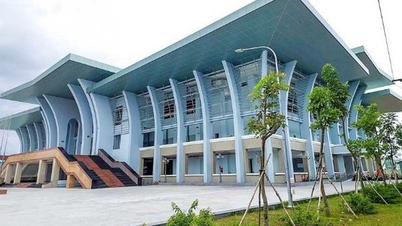



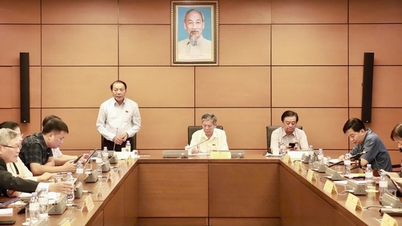

















































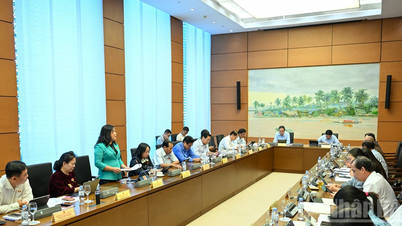
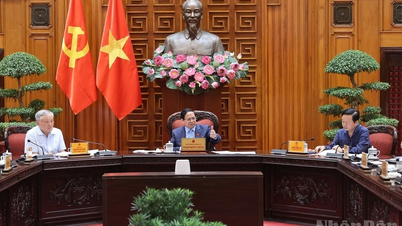
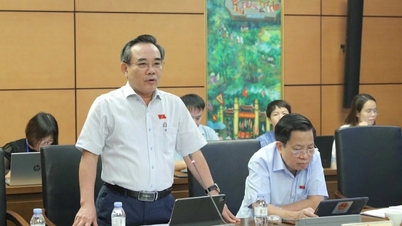
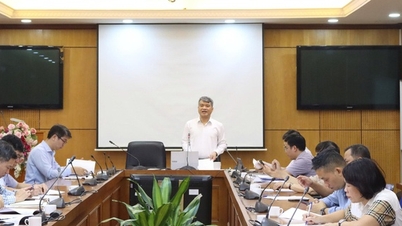
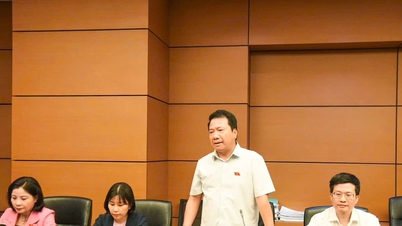

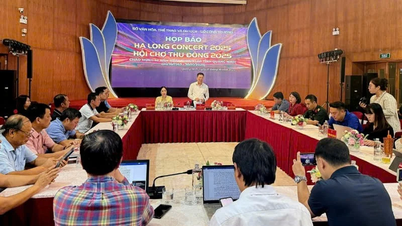
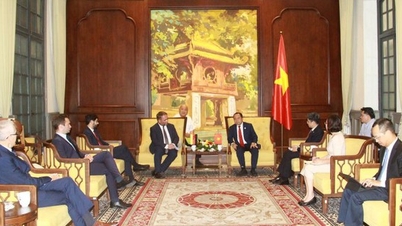




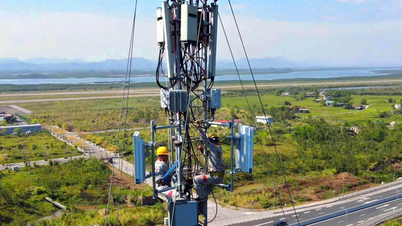



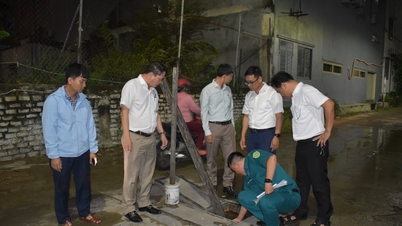

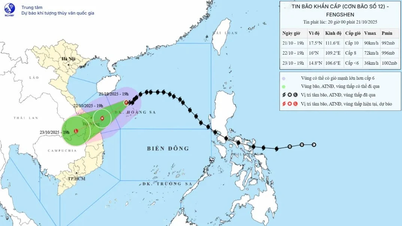





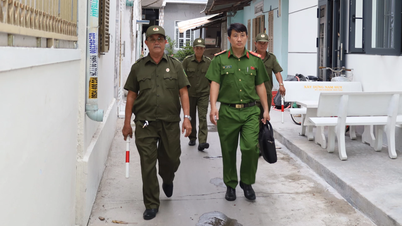














Comment (0)